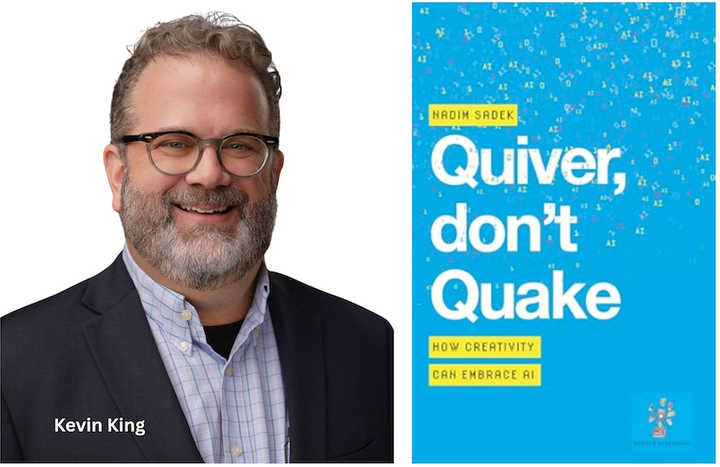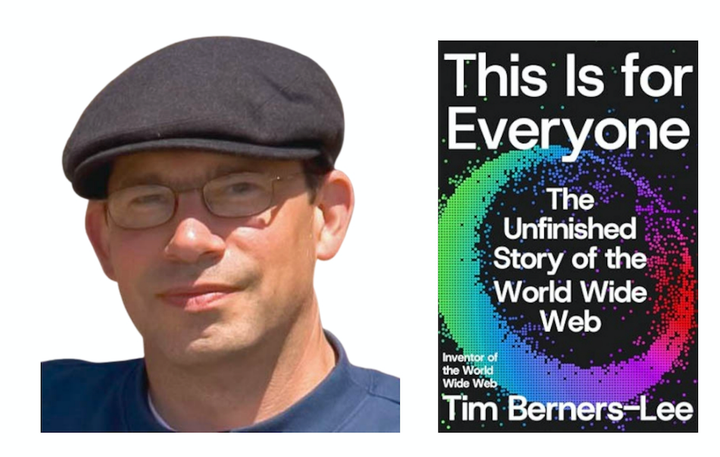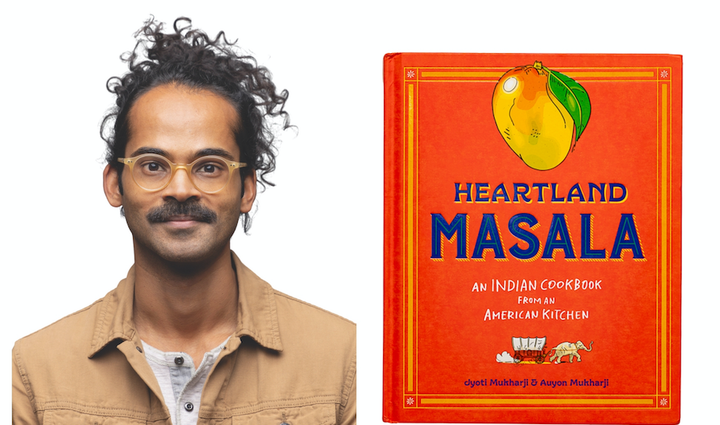My Book Had a Doula. She Was My Librarian.
University of Richmond law professor Corinna Barrett Lain on the critical role her librarian played in 'birthing' her first book.
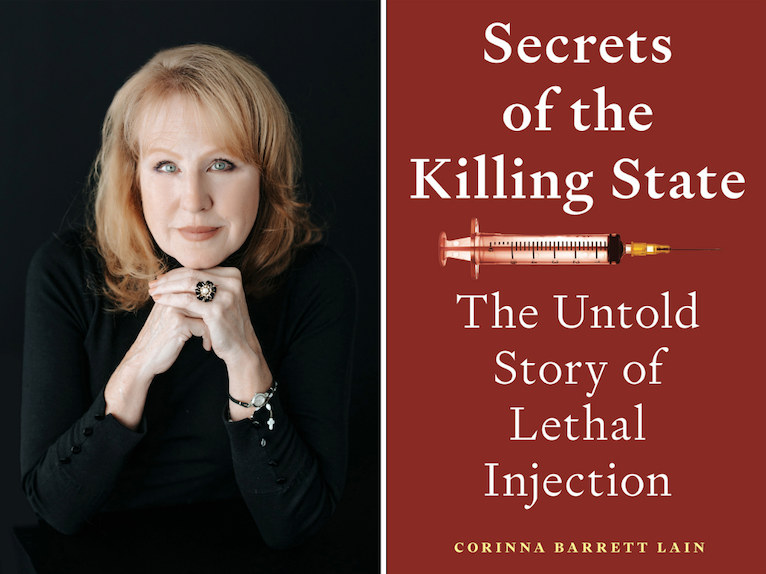
This week, I birthed my first book, Secrets of the Killing State: The Untold Story of Lethal Injection. Like many first books, mine was a long time in the making—seven years to be exact. States are notoriously secretive about their execution processes, and I was trying to get to the bottom of what was happening in over a dozen of them. This book project is the hardest thing I’ve ever done professionally, and I’ve been a law professor for 23 years.
I’m fortunate, though. I have access to a fully staffed law library of highly skilled helping hands ready and able to assist with whatever I need. Over the years, they have helped admirably with interlibrary loans, accessing litigation documents, historical records not online, and even thinking through strategies to make sure my research doesn’t miss important sources. But this project was different. This project needed a book doula.
Doula: A trained professional who provides advice, information, emotional support, and physical comfort before, during and just after the birthing process. Research shows that with a doula, the labor process is 25 percent shorter, and the need for pain relief is reduced by 60 percent.
My book project required research way outside the scope of what I already knew how to do. I needed access to scientific studies, pharmacology textbooks, pages from sources at the Library of Congress, and so on. I needed a helper extraordinaire—a book doula.
Joyce Janto was my book’s doula. She made the labor process significantly shorter, and reduced the pain by at least half.
A quick review of the subject lines of my emails to Joyce over the past seven years tell the tale. Can you pull this please? Question for you. Another thing to pull. Help, when you can. More help needed. A thing, when you get a chance. Can’t find source. Questions I have. I’m stuck. And my personal favorite: Help!
That last one I remember well. I was looking for a quote that I had stuck somewhere in my notes, and I couldn't find it in a search of my documents. I figured I was probably missing a word somewhere, so I decided to go back to the internet and find it anew with the phrase I remembered. Imagine my surprise and dismay when the 15-page writing outline for my book appeared in my internet search!
I had presented an outline of my book at a national conference six months earlier, and somehow it had ended up on a Russian website. Panicked, I wrote to Joyce. She assured me that my intellectual property had not been purloined for good, and soon thereafter, I was cc’ed on an email that started “Good day” and ended “Remove this page immediately" with a promise in the middle that was scary in any language. By 9am the next morning, the site had been taken down.
I counted the various subject lines of my email requests to Joyce over the course of my book project. Not the multiple emails related to each request, mind you, just the start of each email chain. I counted just over 50 (49 not counting the two overdue notices, which Joyce also kindly took care of for me).
One day, I stopped by Joyce’s office—true confession, it was to make a casual request in addition to the ones I was sending by email—and I mumbled some sort of apology for needing so much help on my book project. “Nonsense,” Joyce replied, “I love this stuff. This is the best job in the world.”
I love people who love what they do. But how could Joyce possibly love a job that entailed endless requests for help, and that’s just what was coming from me?
“Being a research librarian is like playing Trivial Pursuit for a living,” she said, giving proper attribution to the source of the comparison (because research librarians are like that). "It's fun because you get to learn a little about a lot of things,” she went on to say. “It’s never boring. And I don’t have to do the writing, revising, and re-revising. I get to do the fun part. I get to find all that cool information.”
Then Joyce started flexing. Worried about content removed from a government website? We're on it, she quipped. Too bad, so sad, we already archived the old version. Panicked that we may be living in a post-factual world? That's what's so great about a Wayback Machine, Joyce explained, her eyes lighting up with excitement. You can't turn back time, but if you know how to do it, on the internet you actually can.
Law librarians teach lay people how to access legal information, Joyce went on to say. That's critically important for those who can't afford a lawyer. When we talk about access to justice, we're first and foremant talking about access to information. "Access to information is our passion," Joyce explained. "That's what makes us tick."
Maybe that's why she's so good at it.
My time with Joyce went far beyond being my favorite book-birthing partner. Joyce was my fierce defender. Joyce was my hero. And beyond the book, Joyce is now my friend.
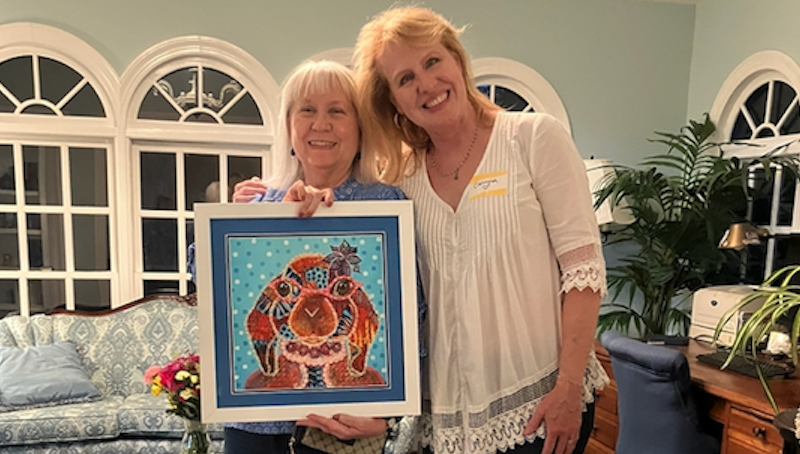
Corinna Barrett Lain is the author of Secrets of the Killing State: The Untold Story of Lethal Injection (NYU Press, April 22, 2025), and is the S. D. Roberts & Sandra Moore Professor of Law at the University of Richmond School of Law. Joyce Janto is Director of Public and Instructional Services at the University of Richmond Muse Law Library.
